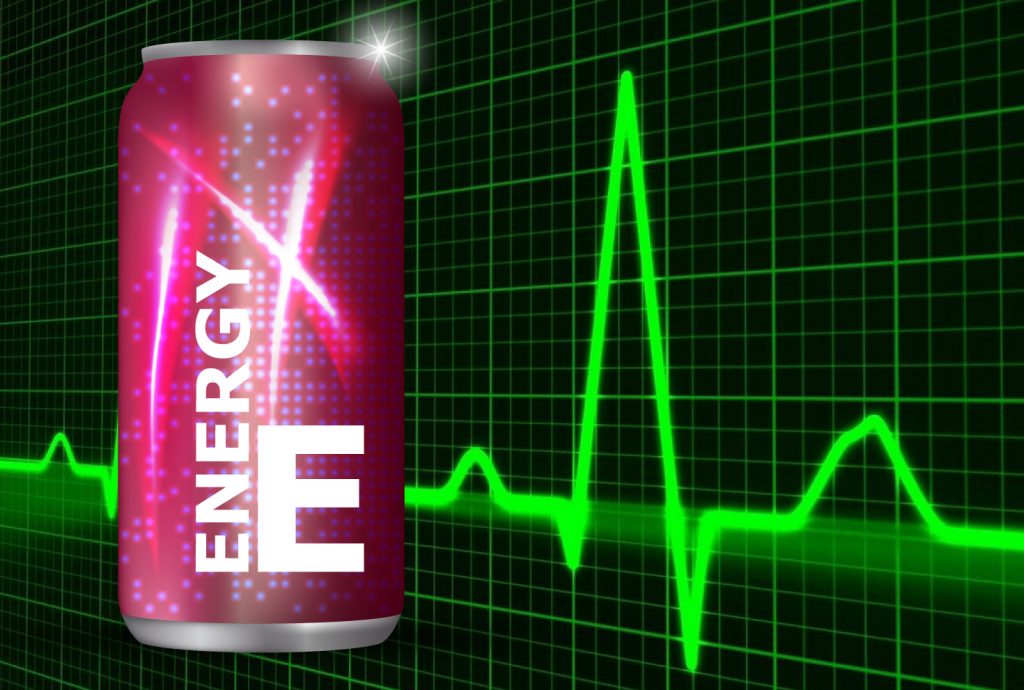Hard on the heart: Energy drinks can harm muscle cells, study indicates

A team of researchers led by Ivan Rusyn, a professor in the Texas A&M College of Veterinary Medicine & Biomedical Sciences, has found that some energy drinks have adverse effects on human cardiomyocyte-like cells, or the muscle cells of the heart.
In the study, published in Food and Chemical Toxicology, researchers observed that human induced pluripotent stem cell-derived cardiomyocytes (human heart cells grown in a laboratory) exposed to some energy drinks exhibited an increased beat rate and impaired ion channel function, which is critical to many aspects of cardiac function. These human induced pluripotent stem cell-derived cardiomyocytes allow researchers to observe the cardiac effects of energy drinks under controlled conditions outside of the human body.
When placed in the context of the human body, consumption of these beverages has been linked to ventricular and atrial arrhythmias (improper beating of the heart), cardiomyopathy (disease of the heart muscle which makes it difficult for the heart to pump blood), increased blood pressure, and other cardiovascular conditions.
With the global sales of energy drinks estimated at $53 billion in 2018 and rapidly growing, it is important to understand the potential unintended health consequences associated with these beverages, according to Rusyn.
“Because the consumption of these beverages is not regulated and they are widely accessible over the counter to all age groups, the potential for adverse health effects of these products is a subject of concern and needed research,” Rusyn said. “Indeed, the consumption of energy drinks has been associated with a wide range of adverse health effects in humans, many of them are concerning the effects on the heart.”
Researchers evaluated 17 widely available over-the-counter brands. They then treated cardiomyocytes with each drink and recorded data on beat rate, ion channel function, and cytotoxicity.
Researchers also studied the composition of the energy drinks using novel methods. By comparing the effects and differing ingredient concentrations in each drink, they were able to infer which ingredients may be contributing more to adverse effects on the treated cardiomyocytes. Using mathematical models, researchers determined that potential common ingredients responsible for these negative effects include theophylline, adenine, and azelate.
“Little is known about the ingredients that may contribute to the adverse effects of energy drinks on the heart,” Rusyn said. “Specifically, the evidence for cardiovascular effects from studies in humans remains inconclusive, as the controlled clinical trials were largely limited in the number of participants, tested only a limited number of energy drink types, and are difficult to compare directly, because they employed different methods to evaluate the function of the cardiovascular system.”

